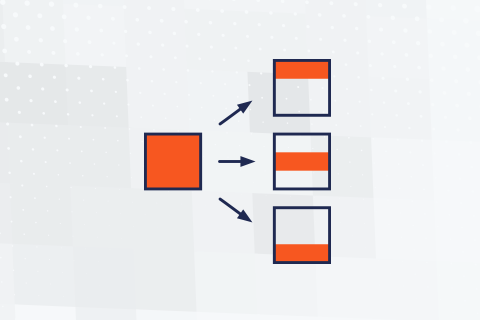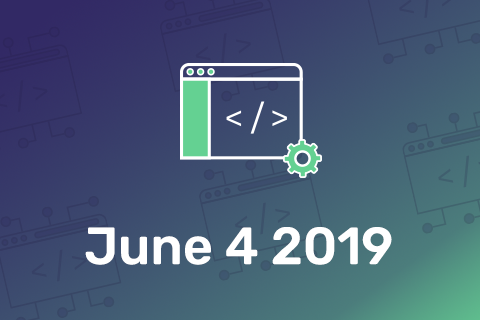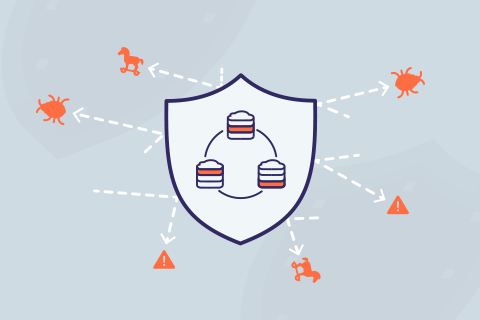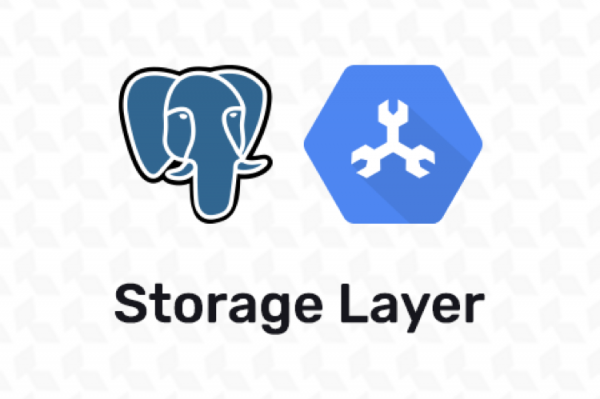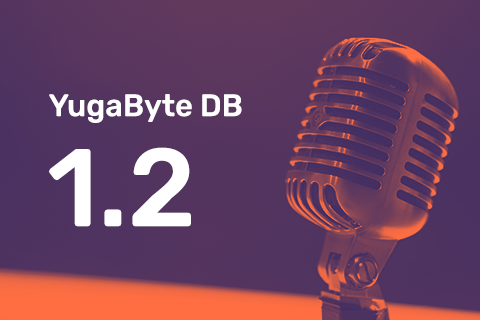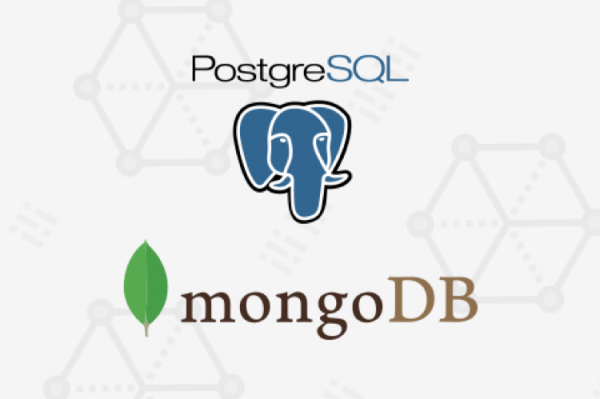Announcing YugabyteDB 1.3 with Enterprise Features as Open Source
We are very excited to announce the arrival of YugabyteDB 1.3. This post will outline some of the major milestones in this release.
Enterprise Features Move To Open Source
In this release, all the enterprise features in the core DB are now available in open source under the Apache 2.0 license! Effective v1.3, there is no more EE vs CE distinction, there is just one database with all the features you want.
…

